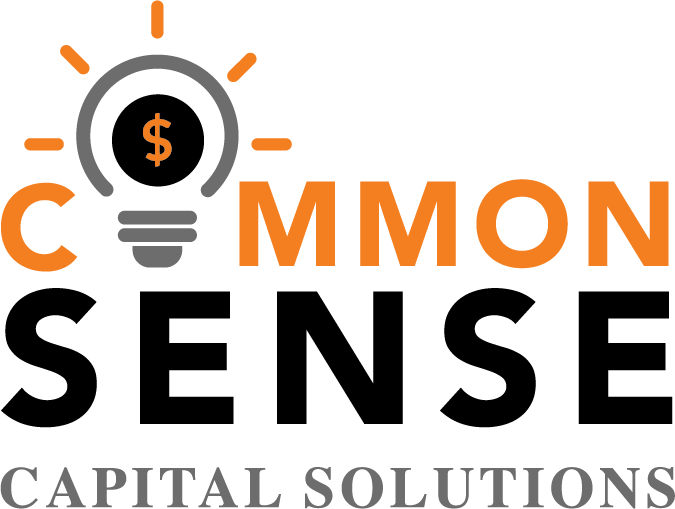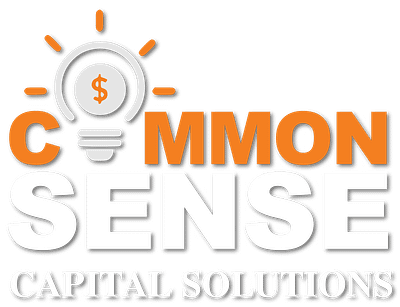Building a Strong Foundation: Crafting a Great Business Plan
Whether you’re applying for a bank loan or planning to grow your business on your own, having a solid foundation is key. A well-thought-out business plan is the best way to start off on the right foot and ensure your business is positioned for success. While creating a business plan may seem intimidating, it’s easier than you might think when you break it into key sections.

Why You Need a Business Plan
A business plan is essential for several reasons. It serves as a roadmap for your business, providing guidance and clarity as you navigate your goals and objectives. Having a clear plan is also crucial when seeking funding, as lenders and investors rely on it to assess the potential of your business. Additionally, a well-crafted plan demonstrates that you have considered the risks and challenges your business might face, and that you’ve developed strategies to overcome them, helping to ensure long-term success.
Key Components of a Business Plan
1. Executive Summary
This is the introduction to your business plan and should include:
- Mission Statement: What is your business’s purpose? Are you solving a specific problem or meeting a need?
- Goals: Whether it’s ending world hunger or providing a reliable local service, this section sets the tone for your plan.
2. Business Details
Include practical, straightforward information about your business:
- Location and facilities
- Number of employees
- Business history (if applicable)
- Description of products or services you’ll provide
3. Goals and Objectives
Break down your mission into actionable steps:
- Create smaller, manageable goals that show how you’ll achieve your mission.
- Explain how your objectives demonstrate a deep understanding of your industry.
- Highlight plans for growth and measurable milestones.
4. Legal Structure
Outline your business’s legal structure:
- Is it an LLC, S-corp, C-corp, or something else?
- Explain why this structure is the best choice for your business, balancing flexibility with legal protection.
5. Revenue and Target Market

Detail how your business will generate income:
- What products or services will you offer?
- Who are your target customers, and what are their needs?
- Include a brief analysis of your competitors and how you’ll stand out in the market.
6. Financial Projections
One of the most crucial and often overlooked sections, your financial plan should include:
- Clear income and expense projections
- Startup costs and ongoing expenses
- Contingency plans for unexpected challenges
Financial institutions are unlikely to fund a business that lacks a thorough financial analysis. Show that you’ve thought about risks and have a plan to pay back any debts.
Finalizing Your Business Plan
Once you’ve included all the essential sections, it’s time to draft your business plan. Begin by carefully reviewing and editing your work to ensure it is free of errors and easy to understand. A polished, professional plan will make a stronger impression. Next, seek feedback from trusted advisors or mentors who can provide valuable insights and suggestions for improvement. Their perspective can help refine your plan and address any overlooked details. Finally, keep your plan concise and focused, avoiding unnecessary information. Highlight the key points to ensure it remains clear and engaging for anyone reviewing it.
Have more questions? Common Sense Capital Solutions is here for YOU! Reach out to us today at (513) 570-5777 and let’s chat about what’s right for you and your business.


